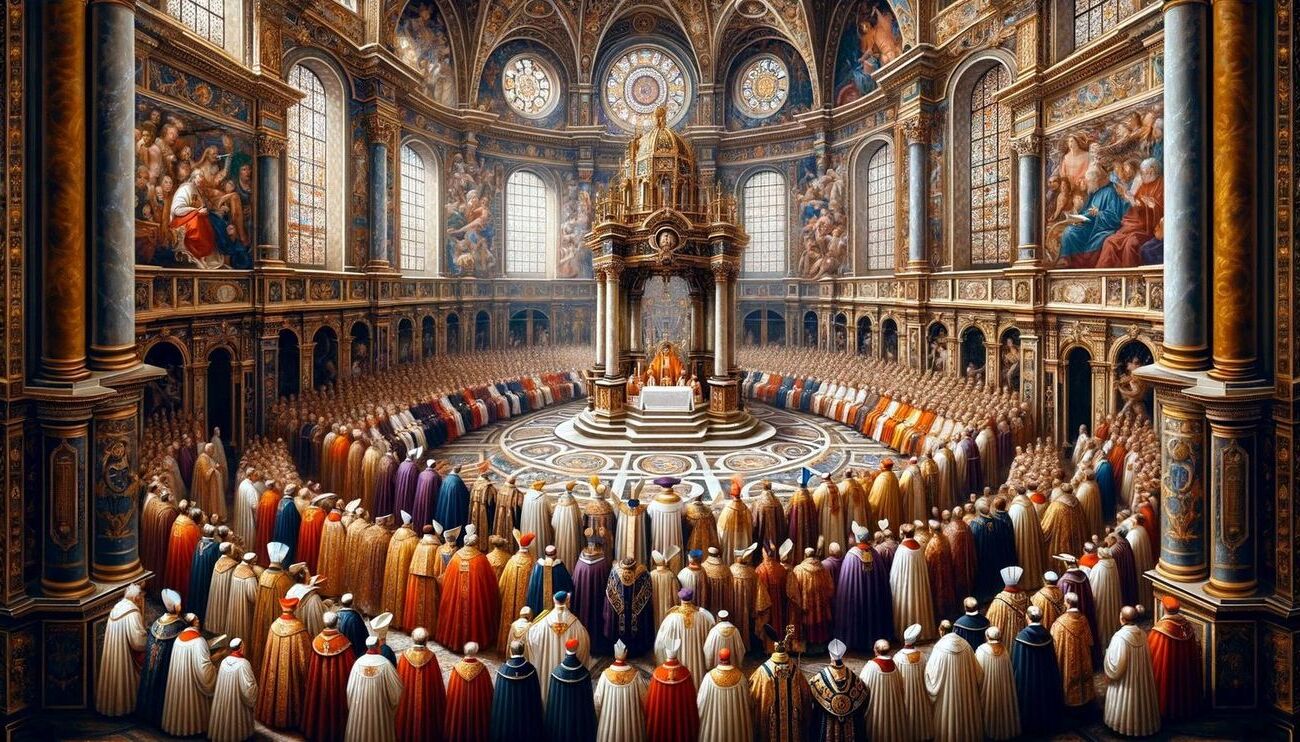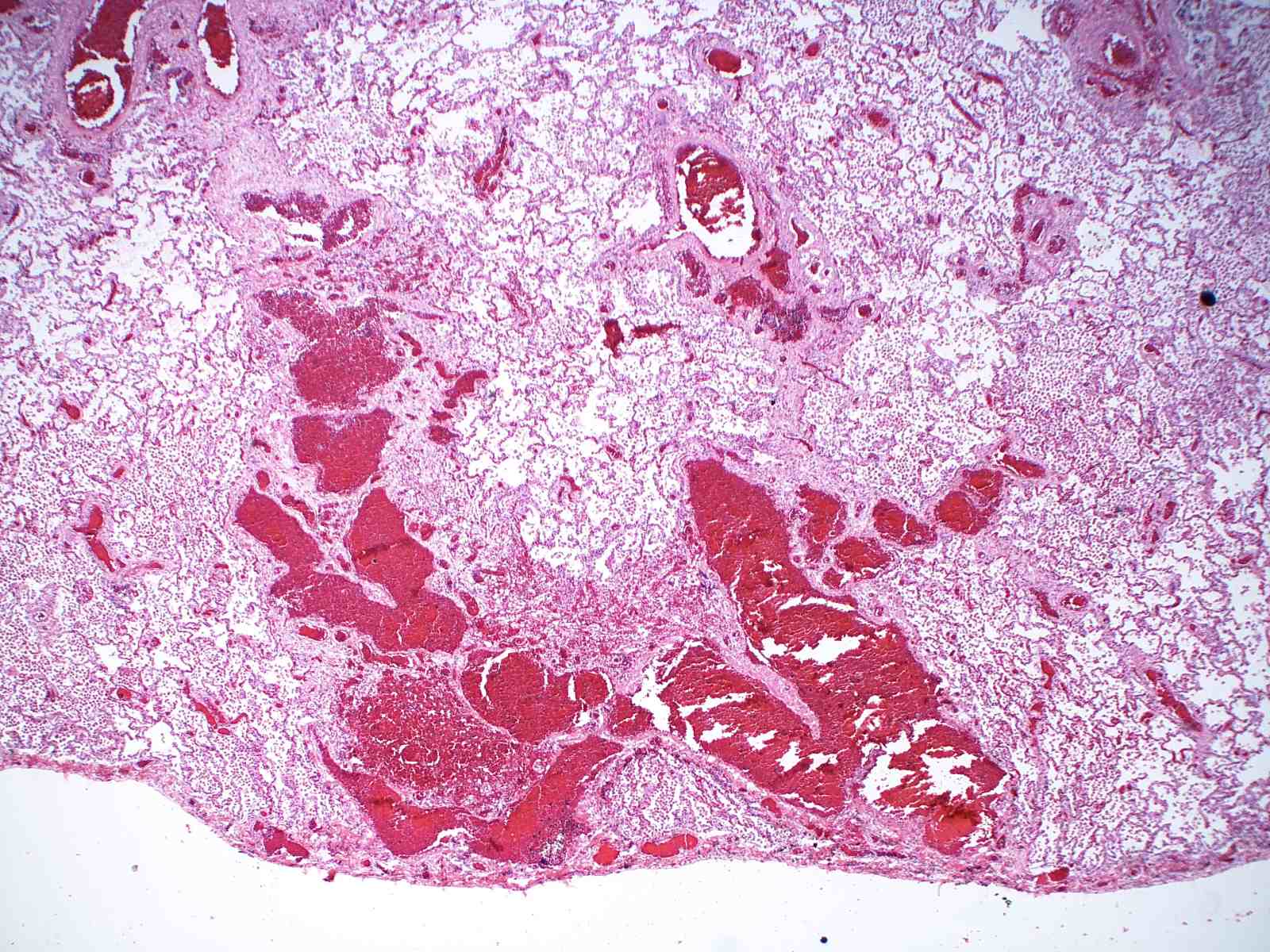
What was the Council of Trent? The Council of Trent was a major event in the history of the Catholic Church, held between 1545 and 1563. It was convened in response to the Protestant Reformation, aiming to address issues within the Church and clarify Catholic doctrine. This council took place in Trent, a city in northern Italy, and involved several sessions over nearly two decades. Key outcomes included the establishment of seminaries for priestly education, the standardization of the Mass, and the reaffirmation of traditional practices like the veneration of saints. The Council of Trent played a crucial role in shaping modern Catholicism and countering the spread of Protestantism.
What Was the Council of Trent?
The Council of Trent was a significant event in the history of the Catholic Church. It aimed to address issues within the Church and respond to the Protestant Reformation. Here are some key facts about this pivotal council.
- The Council of Trent took place between 1545 and 1563 in Trento, Italy.
- It was convened by Pope Paul III.
- The council met in three distinct periods: 1545-1547, 1551-1552, and 1562-1563.
- The primary goal was to counter the Protestant Reformation and clarify Catholic doctrine.
- The council issued decrees on self-reform and dogmatic definitions.
- It reaffirmed traditional Catholic beliefs like the seven sacraments and transubstantiation.
- The council condemned Protestant teachings, including those of Martin Luther and John Calvin.
- It established seminaries for the proper training of priests.
- The council emphasized the importance of the Latin Vulgate Bible.
- It addressed issues of corruption and abuses within the Church, such as the sale of indulgences.
Key Figures of the Council of Trent
Several influential figures played crucial roles in the Council of Trent. Their contributions helped shape the council's outcomes.
- Pope Paul III, who initiated the council, was a driving force behind its convening.
- Cardinal Giovanni Morone, a key diplomat, helped mediate conflicts during the council.
- Saint Charles Borromeo, a leading figure in the Counter-Reformation, implemented many of the council's decrees.
- Cardinal Reginald Pole, an English cardinal, played a significant role in the theological debates.
- Bishop Diego Laínez, a Jesuit theologian, contributed to the discussions on Church doctrine.
Major Outcomes of the Council of Trent
The Council of Trent had lasting impacts on the Catholic Church and its practices. These outcomes continue to influence the Church today.
- The council's decrees led to the standardization of the Mass, known as the Tridentine Mass.
- It established the Roman Catechism, a comprehensive guide to Catholic doctrine.
- The council's reforms improved the education and discipline of the clergy.
- It strengthened the authority of the papacy and centralized Church governance.
- The council's decisions laid the groundwork for the Counter-Reformation, a movement to revitalize the Catholic Church and combat Protestantism.
The Lasting Impact of the Council of Trent
The Council of Trent left a significant mark on the Catholic Church and Christianity as a whole. By addressing doctrinal issues and reforming church practices, it helped shape the modern Catholic faith. The council's decisions on sacraments, clerical discipline, and church administration brought much-needed clarity and structure.
Its influence extended beyond religious matters, impacting art, education, and politics. The Counter-Reformation efforts that followed strengthened the church's position in Europe. The council's decrees on education led to the establishment of seminaries and improved clergy training.
Understanding the Council of Trent's legacy helps appreciate the evolution of the Catholic Church and its role in history. Its reforms and decisions continue to resonate, reminding us of the importance of addressing challenges and adapting to change. The council's impact remains a testament to the enduring power of faith and reform.
Was this page helpful?
Our commitment to delivering trustworthy and engaging content is at the heart of what we do. Each fact on our site is contributed by real users like you, bringing a wealth of diverse insights and information. To ensure the highest standards of accuracy and reliability, our dedicated editors meticulously review each submission. This process guarantees that the facts we share are not only fascinating but also credible. Trust in our commitment to quality and authenticity as you explore and learn with us.


